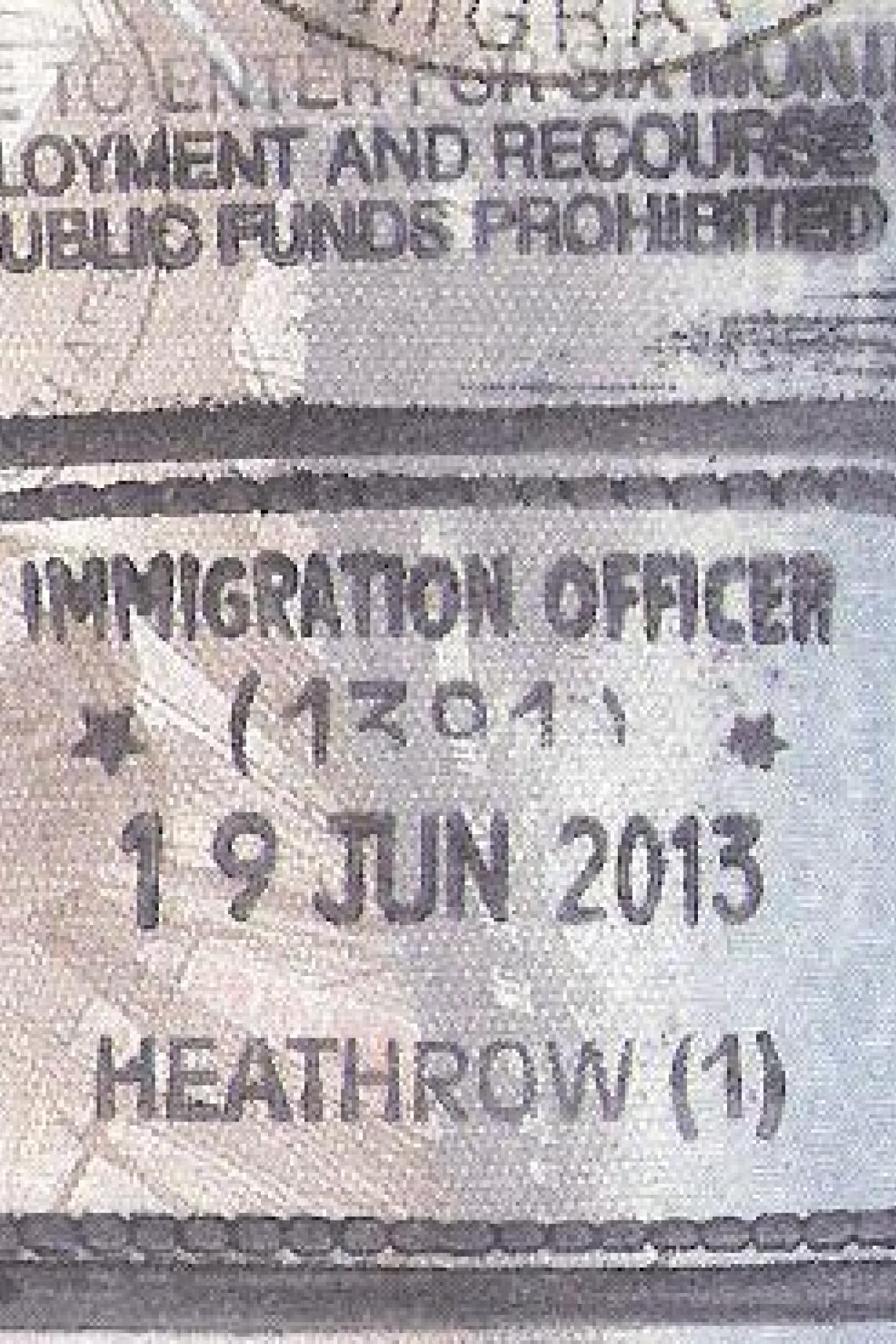New article by Catherine Briddick investigates gender discrimination in UK immigration law
A new article by Catherine Briddick, Martin James Departmental Lecturer in Gender and Forced Migration, shows that women are significantly disadvantaged by UK immigration rules that may be unlawfully discriminating against them.
Data collected from over 10 years shows that in the UK, 75% of migrants accorded the advantageous status of ‘skilled labour’ are men, while 75% of migrants accorded the disadvantageous status of ‘domestic worker’ are women. Women also comprise 75% of migrants in the disadvantageous status of ‘partner’.
A person’s migration status not only determines how long they can remain the UK, but also whether they are allowed to study, work and access healthcare, and even whether they can open a bank account or rent private accommodation.
Briddick’s recent research shows that men are significantly more likely than women to benefit from key migration opportunities, such as the ability to work in the UK as skilled labour migrants. This would allow them to work in the UK for up to five years, change employers, bring their families with them and potentially settle in the UK, whereas domestic workers have no such rights, and they can only stay in the UK for six months. The article argues that this disadvantage is the result of rules which indirectly discriminate against women, discrimination which may be unlawful under Article 14 ECHR.
Catherine Briddick (2019) ‘Precarious Workers and Probationary Wives: How Immigration Law Discriminates Against Women’, Social and Legal Studies, DOI: 10.1177/0964663919839187

